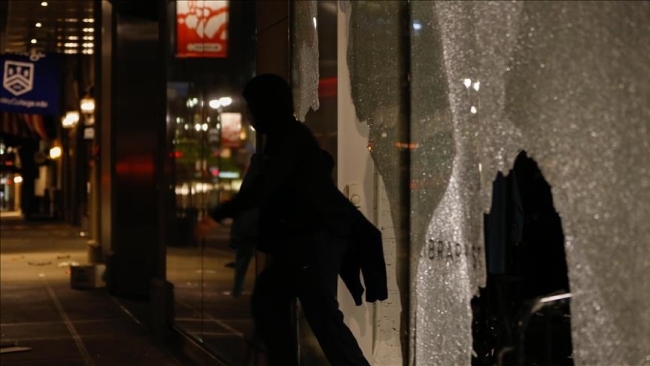Report: $112 Billion Losses from Retail Crime in the US
Last year, retail crime cost the US retail industry a staggering $112.1 billion, according to a report by the National Retail Federation (NRF). This number is a significant increase of 19.4% from the previous year's losses of $93.9 billion, as revealed in the 2023 National Retail Security Survey.
The Growing Problem
Retailers are facing an alarming rise in theft and crime within their stores, and the situation is becoming increasingly dire. David Johnston, the NRF Vice President for Asset Protection and Retail Operations, expressed concern over the unprecedented levels of theft and violence retailers are experiencing.
Concerns for Safety
Aside from the financial impact, the safety of both customers and employees remains the top priority for retailers of all sizes and categories. The violence associated with these crimes is a significant cause for worry.
Increase in Violence and Aggression
According to the NRF, internal and external theft accounted for 65% of retailers' losses. However, the survey revealed that 67% of respondents reported an increase in violence and aggression from organized retail crime perpetrators compared to the previous year.
Consequences for Retailers
As a result of this alarming trend, many retailers have had to take drastic measures. Approximately 28% of retailers were forced to close specific store locations, while 45% reduced operating hours, and 30% had to change their in-store product selection.
Major Retailer Takes Action
Target, a prominent retailer in the US, recently announced the closure of nine stores in major cities across four states. The decision was made due to the increasing incidents of store theft and organized retail crime. These closures will take effect on October 21.
The company stated, "We cannot continue operating these stores because theft and organized retail crime are threatening the safety of our team and guests, and contributing to unsustainable business performance."


